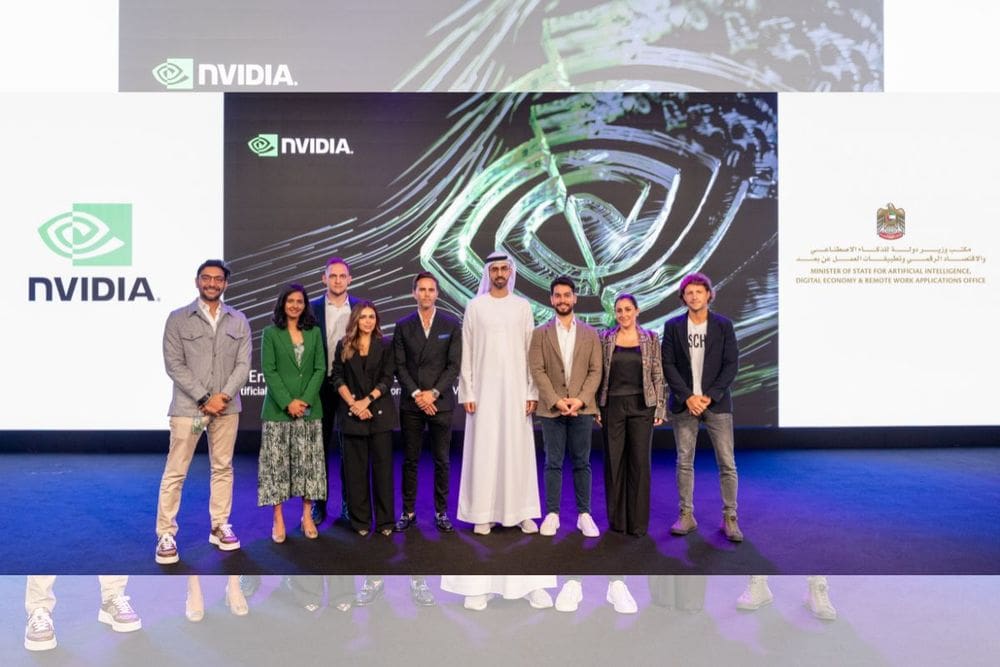Saudi Arabia Boosts AI Investment with Nvidia Chips

Saudi Arabia is significantly increasing its investment in artificial intelligence by acquiring Nvidia chips, specifically the Nvidia H100 GPU.
The country has obtained at least 3,000 Nvidia H100 GPUs, which Nvidia’s CEO Jensen Huang has described as the company’s inaugural chip specifically designed for artificial intelligence. With 14,592 CUDA cores, 80GB of HBM3 memory, and a 5,120-bit memory bus, this potent chip is priced at $40,000 each.
The UAE is similarly expanding its investment in Nvidia chips, purchasing thousands. The state-owned Institute of Technology Innovation in Masdar City, Abu Dhabi, has created its own open-source significant language model named Falcon. It’s anticipated that Nvidia will distribute about 550,000 H100 GPUs worldwide this year, with the bulk destined for U.S. technology companies.
By the end of 2023, the King Abdullah University of Science and Technology, a public research university in Saudi Arabia, is scheduled to receive 3,000 of these GPUs, totaling an estimated value of $120 million. For comparison, OpenAI utilized 1,024 A100 chips to train ChatGPT. With these significant acquisitions, the UAE seems to be preparing for a major project in artificial intelligence.
Artificial intelligence investments increase

Saudi Arabia’s university is deploying the chips to build its own supercomputer, named Shaheen III. This supercomputer will be equipped with the powerful 700 Grace Hopper superchip, combining a Grace CPU with an H100 Tensor Core GPU.
Additionally, these chips are being used to develop an LLM by Chinese researchers who faced restrictions in studying or working in the US after graduating from US-listed Chinese universities. Meanwhile, the Falcon LLM from the UAE was trained using 384 A100 chips over two months.
The country has secured another batch of Nvidia chips for further AI/LLM-related projects. Despite neither Gulf nation having a commendable record on human rights or press freedom, there are currently no US export restrictions on artificial intelligence chips to Saudi Arabia and the UAE, unlike China. The potential use of AI for surveillance has sparked concerns, particularly because their systems might not include the ethical safeguards seen in Western counterparts.
Countries around the globe are heavily investing in this field, aiming to become global leaders. Both China and Russia share these ambitions, although realizing these objectives may be difficult due to various sanctions and restrictions. Nvidia manufactures less powerful versions of its leading AI chips for the Chinese market, accommodating these restrictions.











